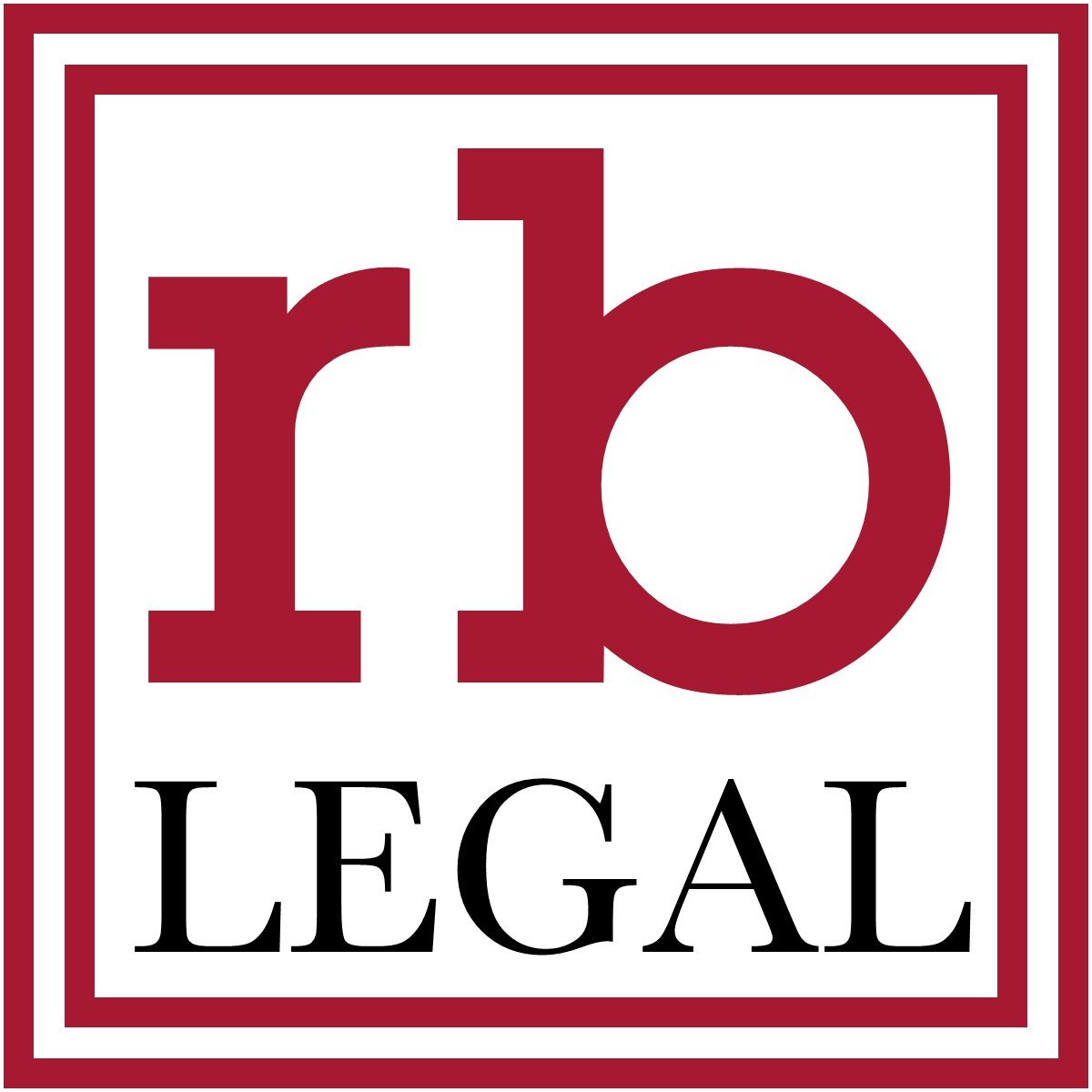If investigating estate planning for the first time, you may come across lots of new terms. One you may hear is a payable-on-death account or POD for short.
What are they, and could you benefit from using one?
PODs help ensure your money gets where you want faster
When you die, the person you name as executor must distribute your estate per the wishes you set out in your will. Doing so can take months because they need to do a whole set of things before they can dish out the assets.
First, they need to contact anyone they know you still owe money to. They also need to put notices out to give anyone they do not know about to come forward. Then, they need to settle these debts from the money in your estate. Only once that is done can they distribute what is left to the beneficiaries.
Other things can also delay distribution, such as challenges to the will from someone who feels they should have got something or got more.
Delays might cause financial hardship for your loved ones
All the above can cause problems for your family. They might not have access to enough money to pay the mortgage or other bills because they cannot touch the money you are leaving them yet.
Using some payable-on-death accounts can bypass all this. The institutions where you set up these accounts are under strict orders to pay to the beneficiaries you name as soon as you die. There is no delay, and it is less likely that anyone challenges your choice or claims back any money you owe them from it (although both are still possible).
PODs can reduce the chance your family faces financial shortages during the difficult months after your death, and that’s a reassuring thought.



